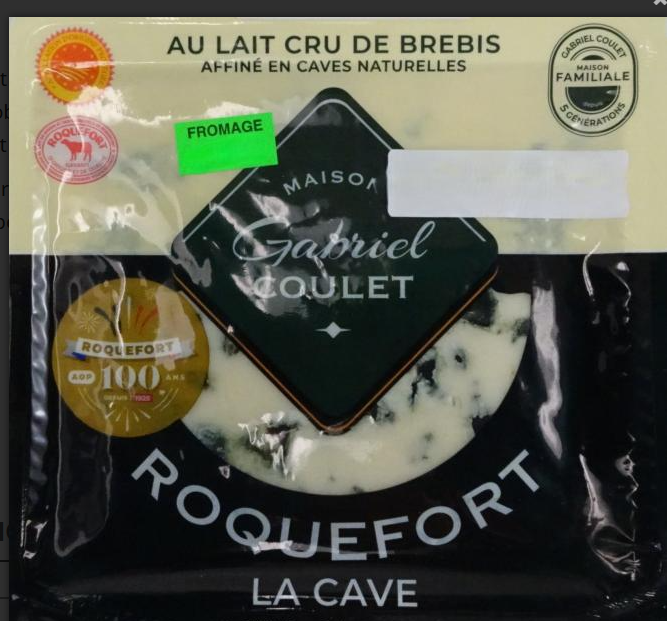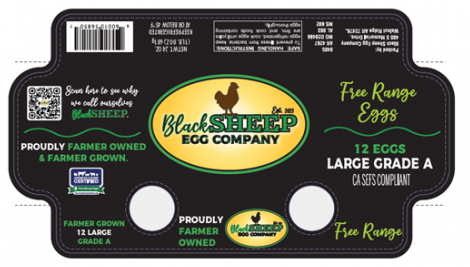The CORE update list of outbreaks and adverse events includes eleven postings. The outbreak of Salmonella Oranienburg (ref #1311) linked to pistachio cream products was reported. The Executive incident summary abstract shows that on 6/10/2025, OII OHFI Central 3 notified CORE Signals about a cluster of Salmonella Oranienburg illnesses associated with a single restaurant exposure in MN. All three cases in Minnesota (MN) and one case in New Jersey reported consuming similar food items that included pistachio cream. WGS analyzed retail samples of Emek Spread Pistachio Cacao Cream with Kaday, identifying a total of 28 positive samples belonging to 6 different serovars/strains of Salmonella, including S. Oranienburg. The investigation was moved to the closed table. The outbreak of Salmonella Oranienburg (ref #1316) occurred, but the source was not identified, and the investigation is now closed. @ https://www.fda.gov/food/outbreaks-foodborne-illness/investigations-foodborne-illness-outbreaks




